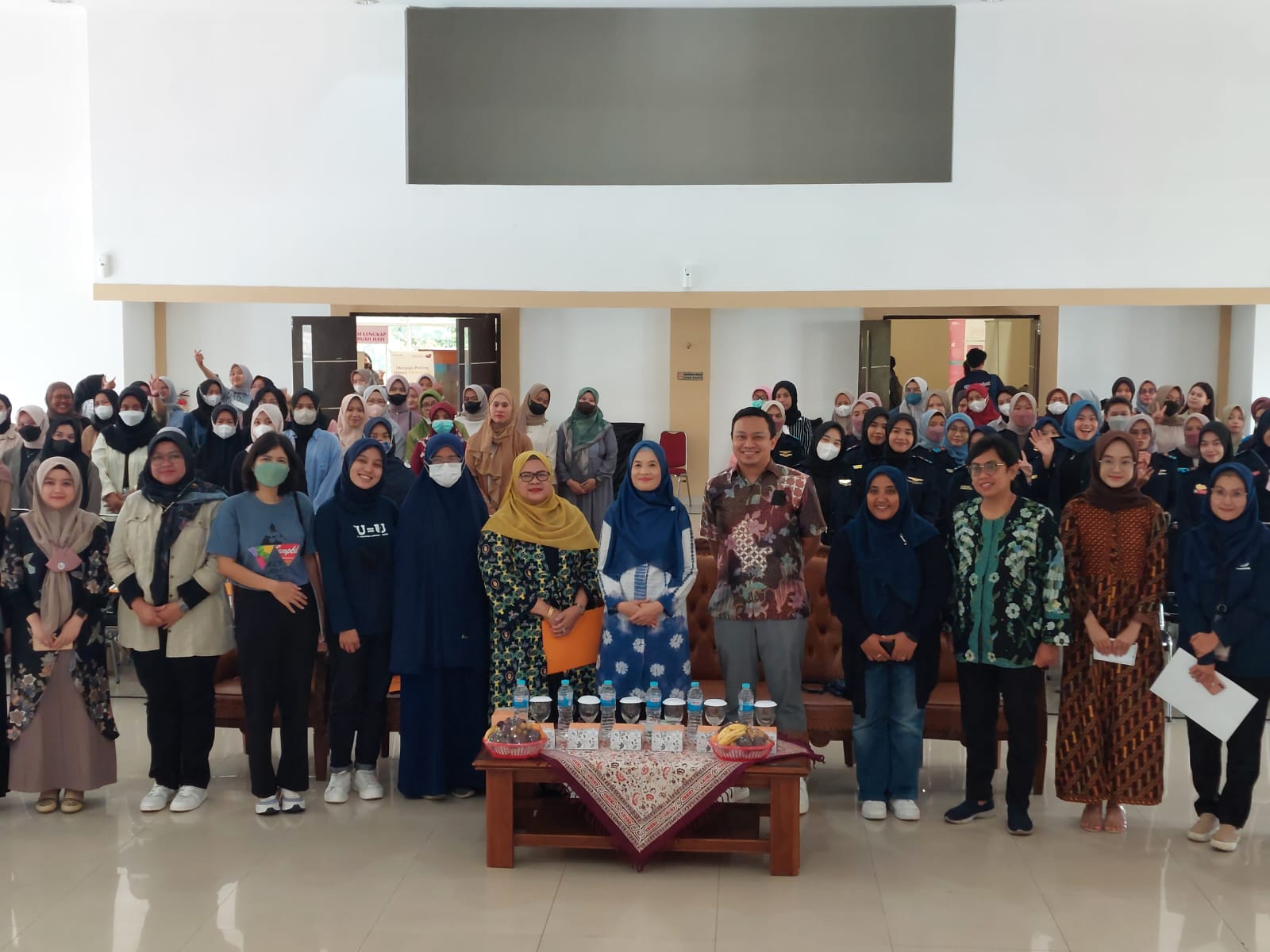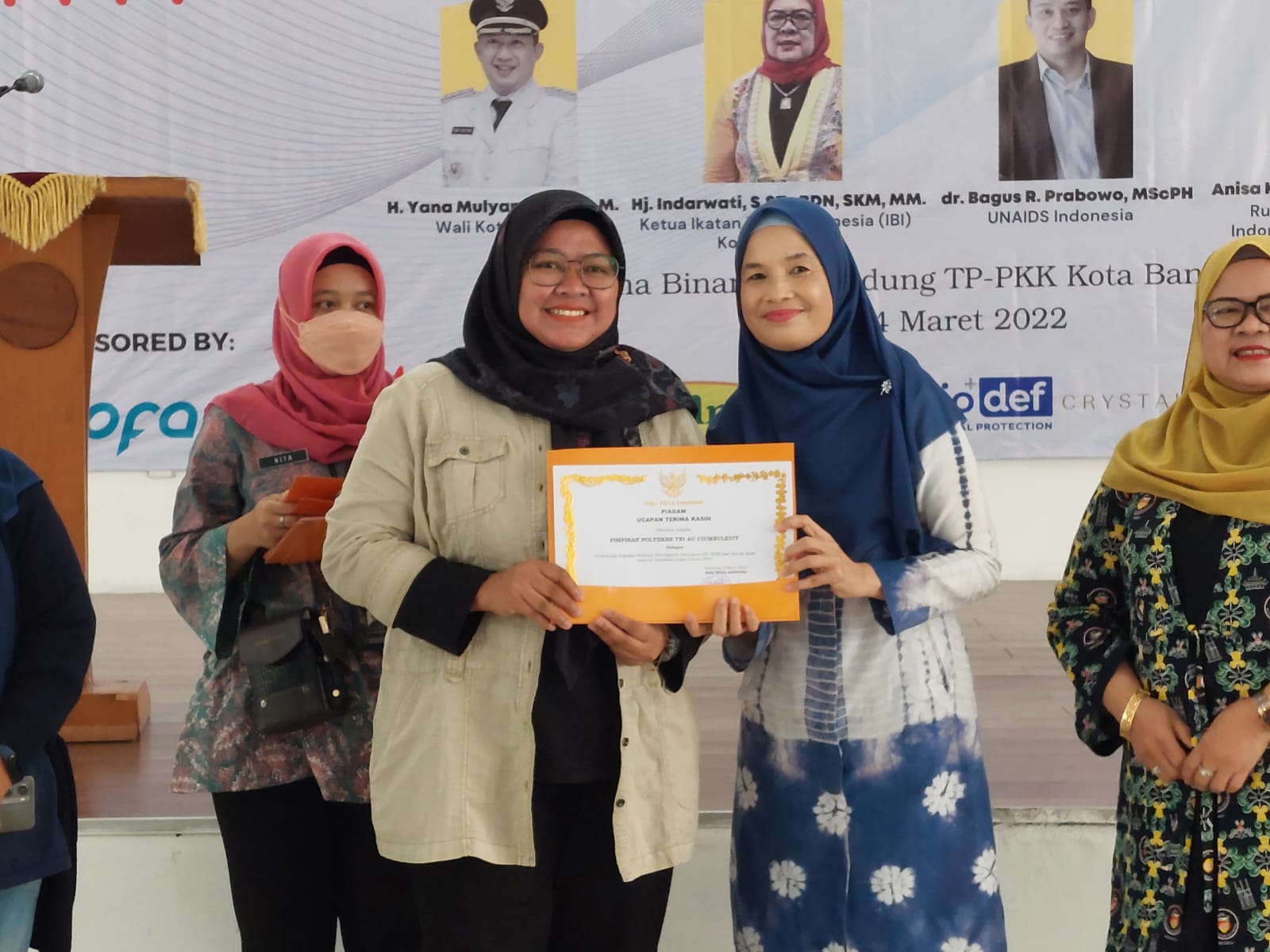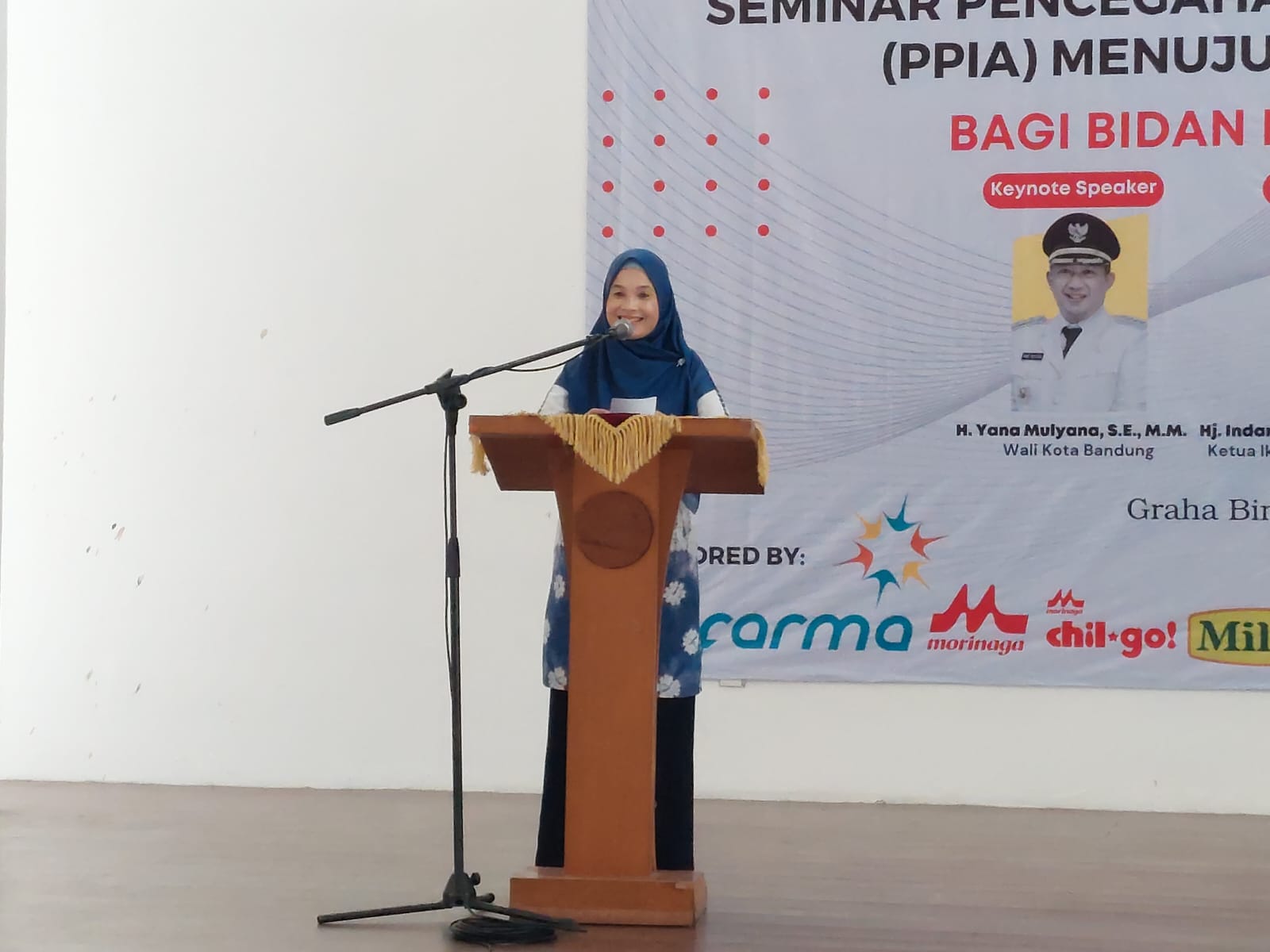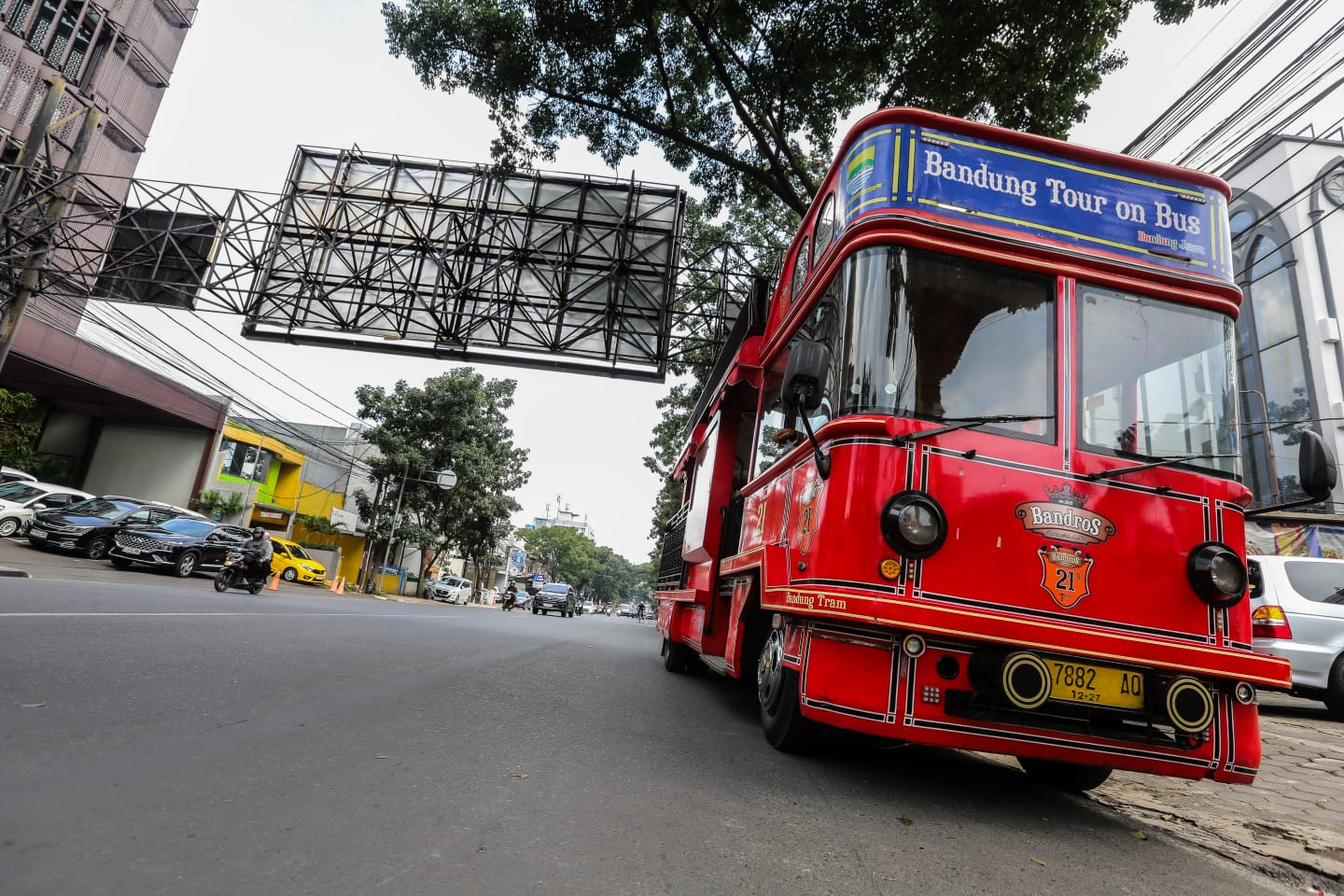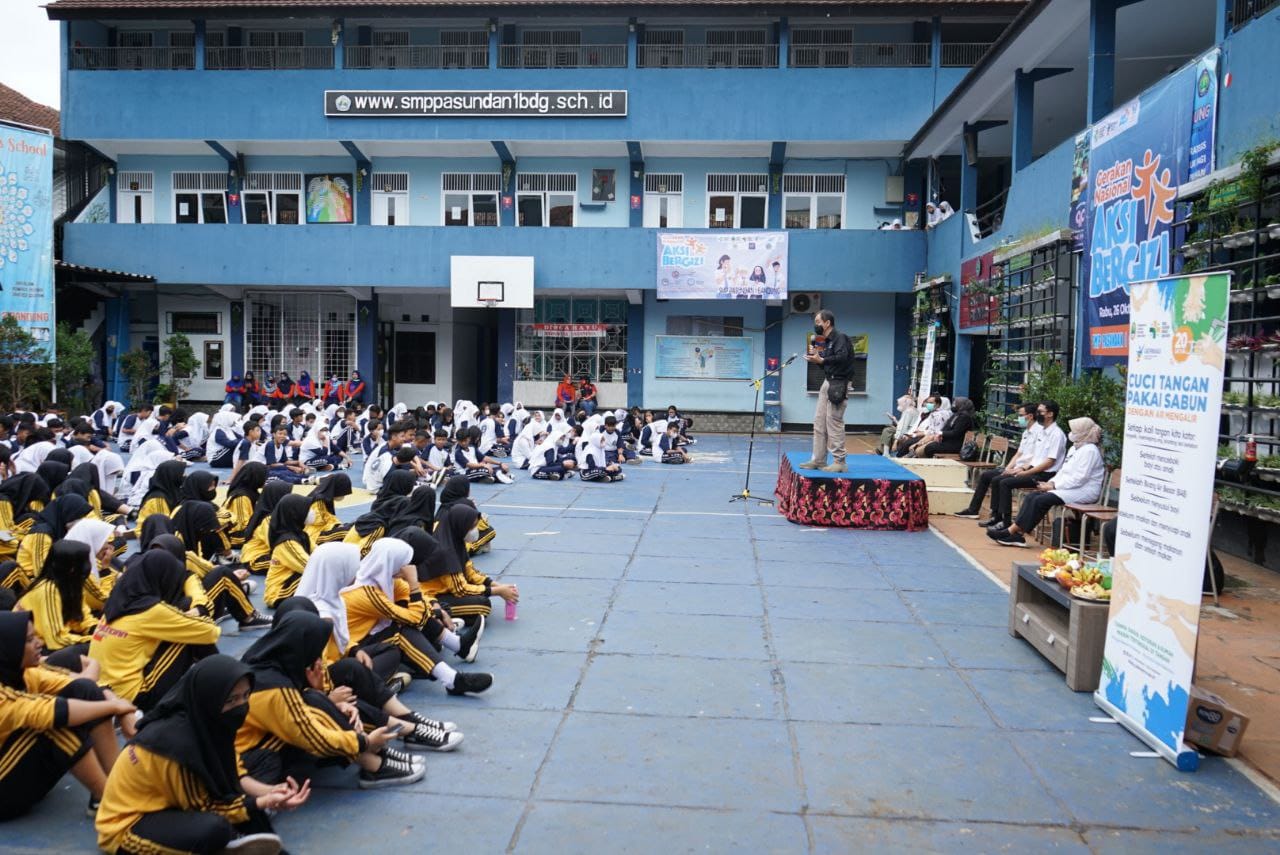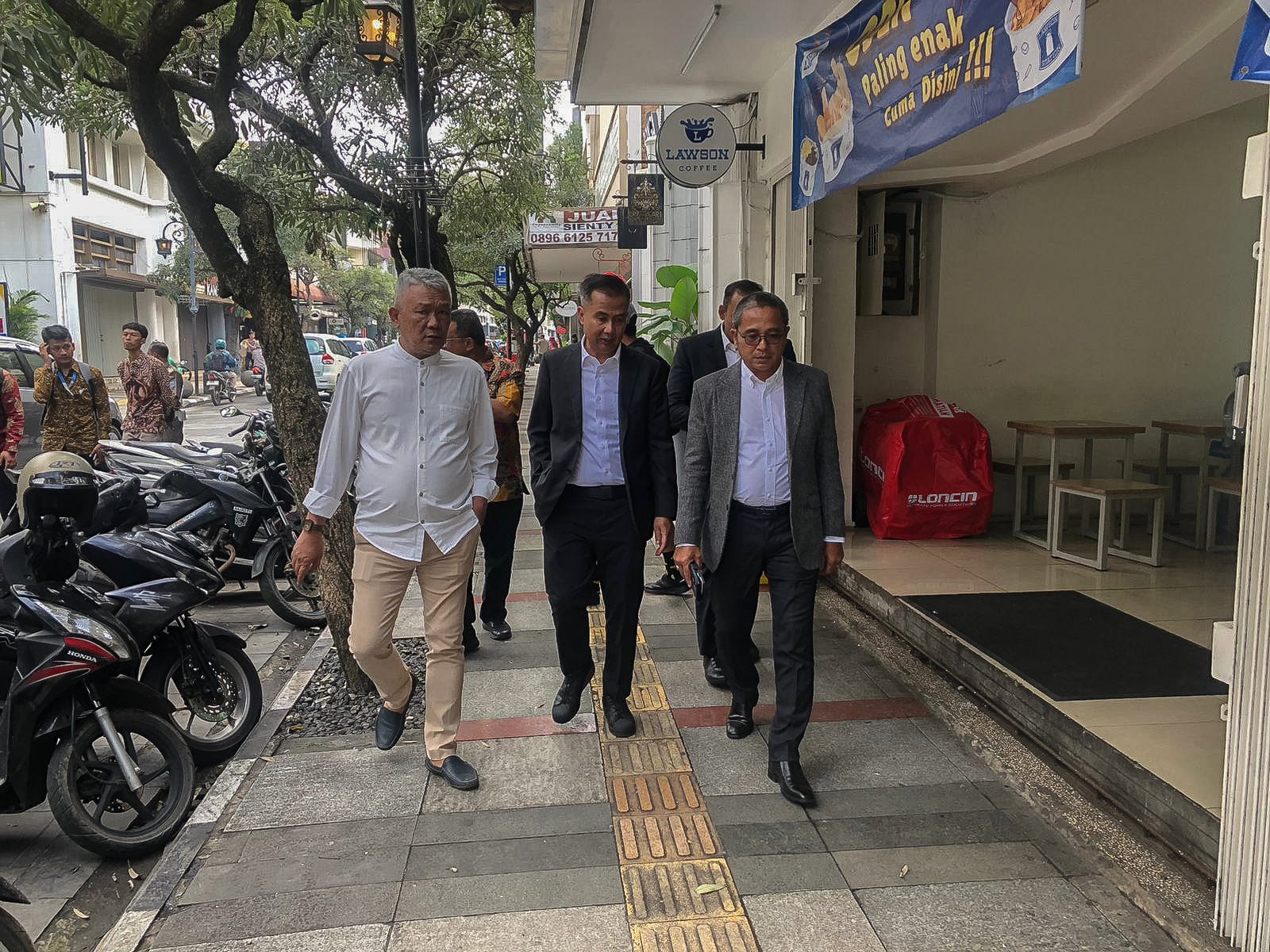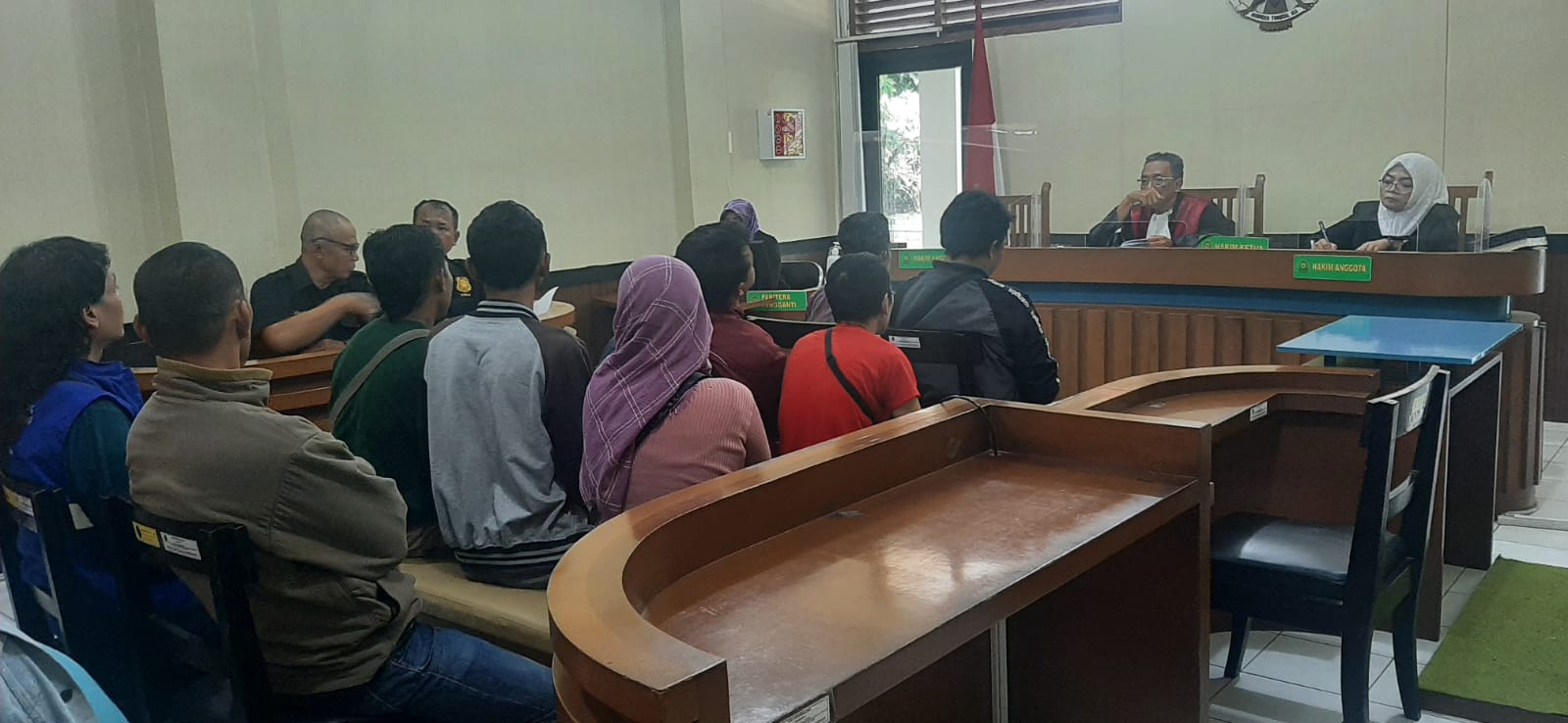Midwives Have a Big Role to Prevent HIV Transmission from Mother to Child
Based on data from the Bandung City Health Service (Dinkes) from 1991 to December 2021 there were 5,843 cases of HIV/AIDS. While the estimated number of people with HIV (ODHIV) is 10,871 cases.
This was conveyed by the Chairperson of the Working Group on the Prevention of HIV Transmission from Mother to Child (PPIA) in Bandung City, dr. Nova Dianthy in the PPIA Seminar Towards Golden Indonesia in 2045 at the Graha Binangkit Building, Saturday 4 March 2023.
"Based on these data, around 5,028 people still need to be found and treated. This is our joint homework," said Nova.
Various attempts have been made to find the missing numbers through the pentahelix collaboration. However, according to him this needs to be implemented more massively in the field.
"We still find children affected by HIV/AIDS because they contracted it from their mothers because their mothers lost follow-up. The mothers did not have HIV checked during pregnancy," he said.
Therefore, this seminar is intended for midwifery students and midwives so that in the future they can inform about HIV/AIDS prevention from mother to child.
"There were 122 participants from universities, Stikes, Poltekkes majoring in midwifery and general midwives," he said.
Meanwhile, the Chairperson of the Community Empowerment Working Group for the Bandung City AIDS Commission (KPA), Yunimar Mulyana said, of the 5,843 known cases of HIV/AIDS, 11.11 percent were housewives.
"This is our homework so that these mothers want to have themselves checked. In fact, in the city of Bandung there are also children who are infected with HIV and are also stunted because their mothers do not want to be examined and take medication," said Yunimar.
So he hopes that pregnant women who are HIV/AIDS survivors will at least want to take antiretroviral drugs (ARVs).
"Yesterday we got it, the mother did not want to take medicine. So that her child was infected," he admitted.
He explained, so that the golden generation of 2045 can be prepared from now on. So that they can avoid stunting and HIV/AIDS. Because they are the ones who will lead the nation and become the hope for the future.
"The most important thing is that pregnant women with HIV want to take medicine so that their babies are not infected. This is an issue that we must continue to inform the people of Bandung City," he added.
He added, one effort that could be done was to provide referrals from midwives to pregnant women to offer HIV tests.
"We want this 2045 golden generation to be free from stunting and HIV. We are also continuing to work to reduce the stunting rate in the city of Bandung to 14 percent," he said.
Meanwhile, UNAIDS Indonesia Technical Consultant, dr. Bagus R. Prabowo explained, when talking about HIV 10 years from now it will no longer be talking about African countries, but countries under it which have low prevalence rates, one of which is Indonesia.
"Asia will be the next Africa because the treatment is the lowest. In contrast to Africa, where treatment is currently being pursued. Indonesia is currently ranked 4th from the bottom," said Bagus.
According to him, the strategy in the form of a slogan is no longer 'sign in' for the current generation. He termed a better strategy at this time by holding out his 'sink'.
"In terms we just throw the sink. We describe what happened. Don't feel taboo to discuss this. Moreover, sexually transmitted infections (STIs) in us are high among mothers because their husbands 'snack'," he explained.
Therefore, there is a need for early detection. Not only looking for cases and then treating them, but also starting before a person is infected with HIV/AIDS.
"Like Covid-19 for example. Primary prevention is prokes socialization. But there is more primary prevention with specific protection, such as vaccination. Secondary prevention is by doing swabs or antigens. Tertiary prevention is by handling ICU and others," he explained. (din)**
Head of the Bandung City Communication and Informatics Agency
Yayan A. Briliyana




